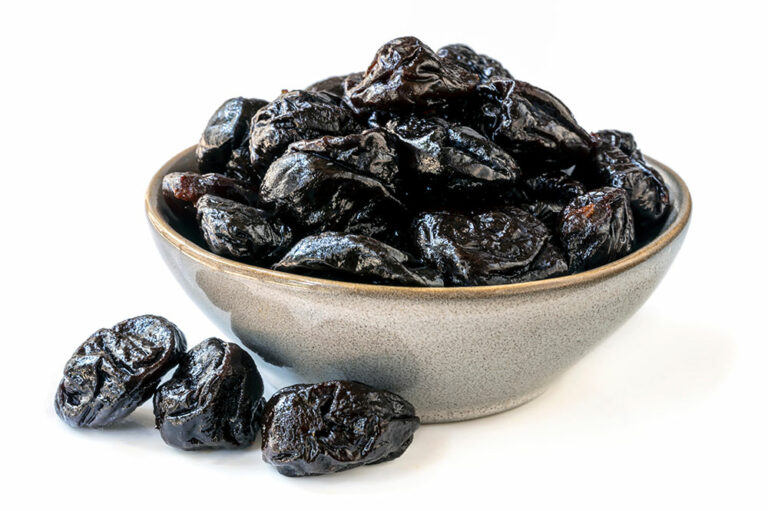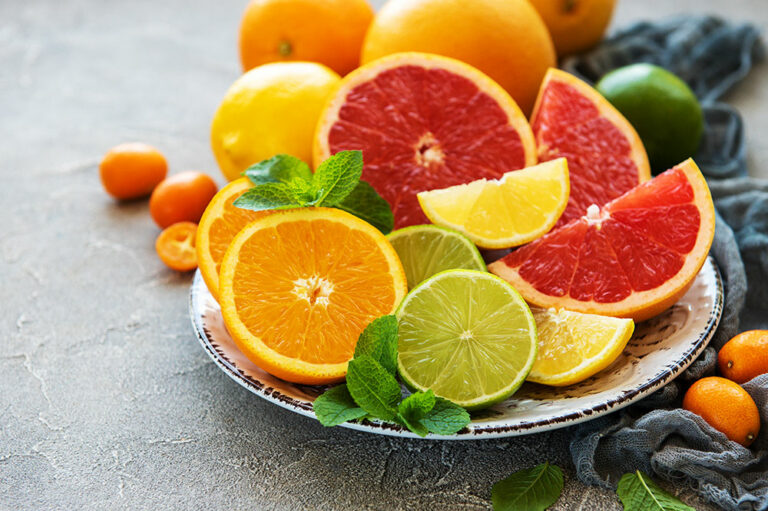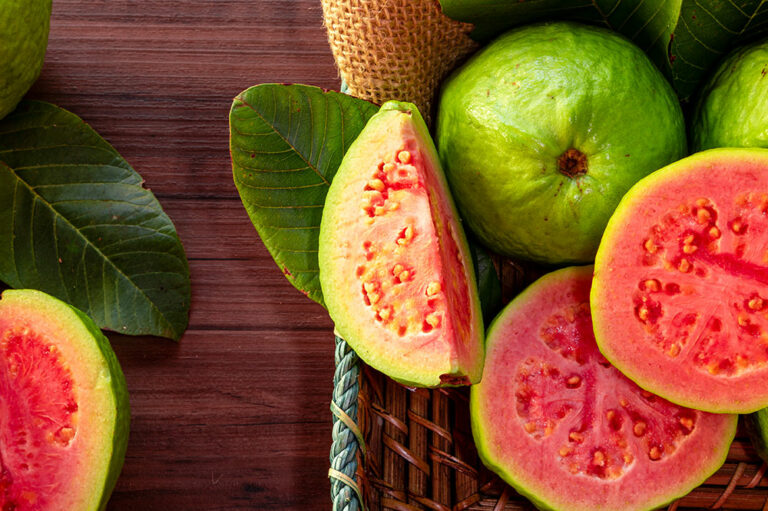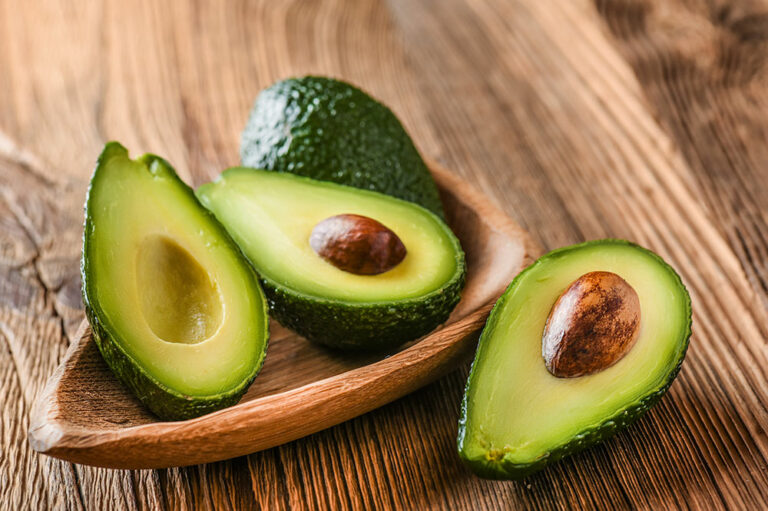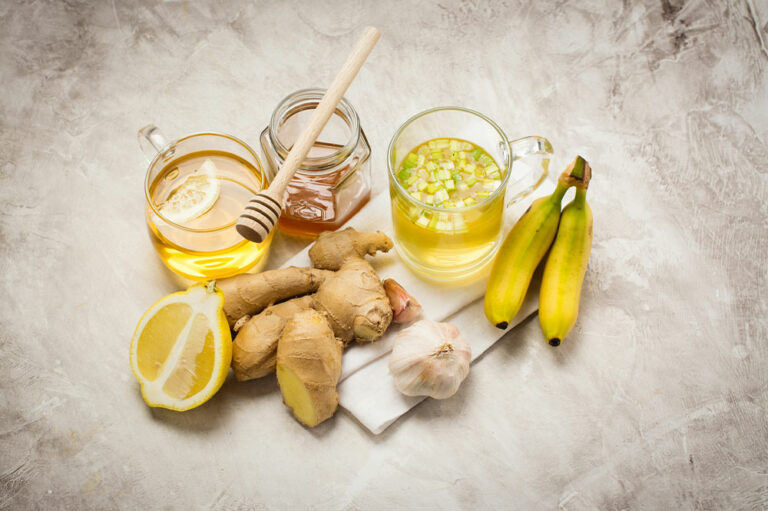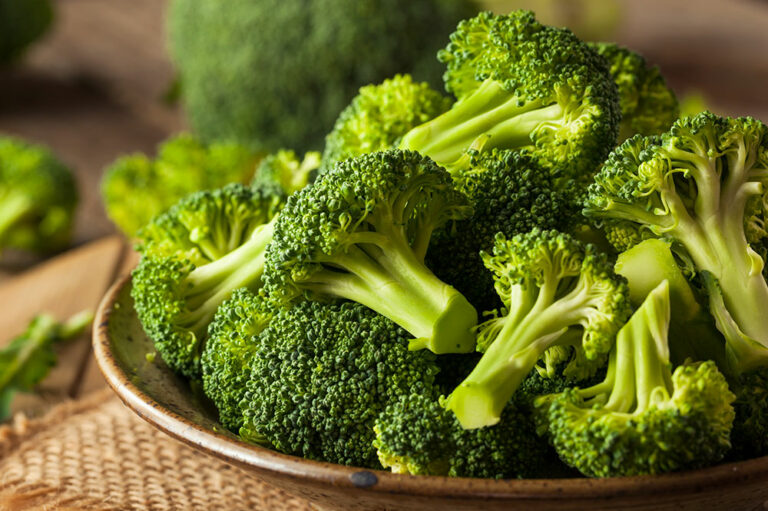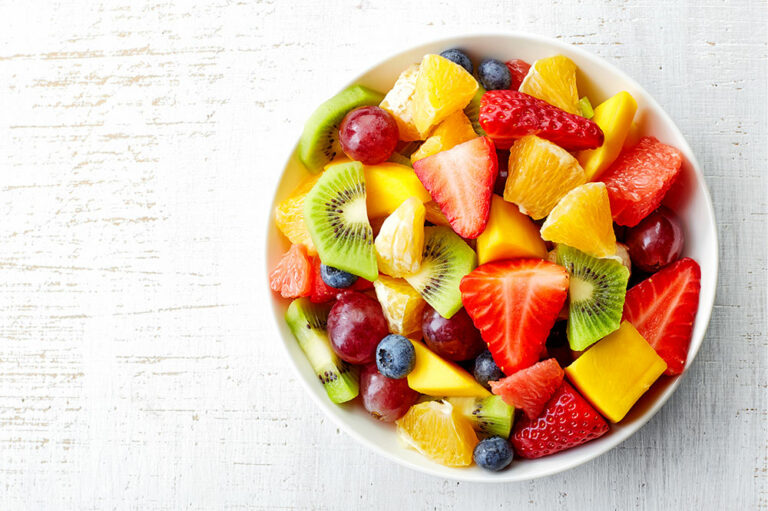
health
Best foods for Parkinson’s symptom management
Parkinson’s is a disease that affects a person’s ability to control their movements as it progresses. This is because the disease affects the nervous system that is responsible for relaying brain signals to the rest of the body. It usually starts with light tremors and can progress to muscle stiffness and mobility issues. Treatment plans include medications coupled with changes in food habits and lifestyles. Read on to know more. Foods rich in antioxidants Oxidative stress is one of the main triggers of neuron degeneration among Parkinson’s patients. Many foods are rich in antioxidants that help combat oxidative stress and prevent free radicals from damaging healthy cells. Spinach and kale are nutritious antioxidant-rich veggies to include that you can be included in one’s food regime. Fresh grapes, pomegranates, blueberries, cranberries, blackberries, goji berries, and elderberries actively combat oxidative stress. Studies show that plant-based foods like tomatoes, peppers, and eggplant pack the highest amount of nutrition. One can add a few assorted nuts and seeds to the mix, featuring walnuts, pecans, Brazil nuts, and pistachios to balance the flavor palate. Foods rich in omega 3 fatty acids Healthy fats have been known to slow down the progression of chronic illnesses such as Parkinson’s.
Read More 